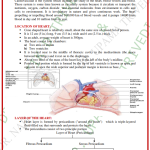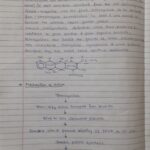Calibration and validation are important processes in various fields, including engineering, science, and technology. These two processes are critical in ensuring the accuracy and reliability of measurement instruments, models, and simulations.
Calibration refers to the process of adjusting or verifying the accuracy of an instrument or measurement system, typically by comparing the readings of a device against a known standard. This is done to ensure that the measurement system provides accurate and reliable results. Calibration involves using a known reference standard or a set of calibration standards to adjust the measurement system to determine any deviations from the expected results.
Validation, on the other hand, is the process of determining the accuracy and reliability of a model, simulation, or measurement system. It is essential to ensure that the results provided by these systems are accurate and reliable under a variety of conditions. Validation typically involves comparing the predictions or outputs of a model or simulation against actual measurements or observations. This process helps in identifying the sources of errors or uncertainties associated with the model or simulation.
The key difference between calibration and validation is that calibration deals with verifying the accuracy of an instrument or measurement system, while validation deals with verifying the accuracy of a model, simulation, or measurement system. Both processes are important to ensure that accurate and reliable data are produced and that the resulting data supports informed and data-driven decision-making.
Overall, calibration and validation are critical processes in ensuring the accuracy and reliability of measurement instruments, models, and simulations. These processes help to improve the quality of data used in various fields, thereby leading to better decision-making, improved performance, and increased efficiency.










